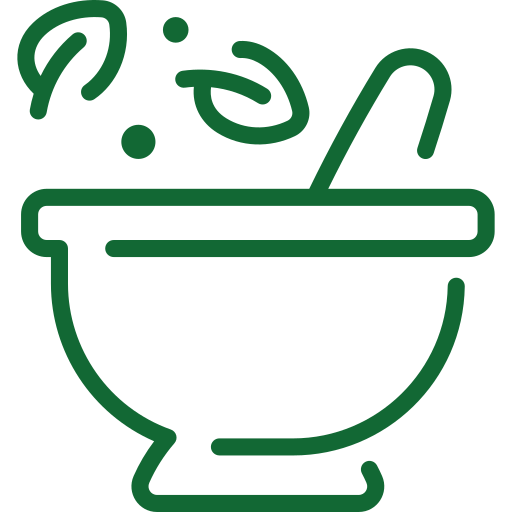Sore Throat - a modern and Ayurvedic view of treatment
A sore throat is a common problem that affects many people and can cause discomfort and pain. This condition is often accompanied by pain when swallowing, dryness, burning and irritation in the throat.
Causes of origin
The causes of sore throat are multifactorial. Modern medicine usually identifies infections as the root cause, either viral or bacterial. Excessive use of the voice, smoking, polluted air and allergens can also cause irritation and inflammation of the mucous membrane in the throat. Ayurveda approaches this issue comprehensively, taking into account the internal imbalance in the three dosha constitutions, as well as external factors such as inappropriate diet and unhealthy lifestyle, which can weaken the immune system and create conditions for inflammation.
Recommended herbs
In Ayurvedic practice, herbal extracts with anti-inflammatory, antiseptic and soothing effects are often used to treat sore throats.
- AllerG Care contains a combination of herbs such as Curcumin, Neem, Shirish and Ashwagandha, which have antibacterial and anti-inflammatory properties and help relieve pain and burning in the throat.
li>
- Yogi Kanthika Contain up to 13 herbal ingredients effective in upper respiratory diseases roads
Giloy (Tinospora cordifolia), also known as Guduchi, supports the immune system and increases the body's resistance to infections. n
- Curcumin, the active ingredient from turmeric, has strong anti-inflammatory effects and helps in the treatment of inflammatory conditions in the throat
- Tulsi (Ocimum sanctum) is recommended for its soothing effect on the mucous membrane and promoting faster healing.
Suitable diet and lifestyle
Nutrition plays an important role in the treatment of sore throat. Ayurveda recommends consuming warm and easy-to-digest foods, such as liquids such as water with honey and lemon, warm herbal drinks, and soft foods that do not irritate the lining of the throat. At the same time, it is important to avoid foods that can cause allergies and increase inflammation, such as dairy products and spicy foods.







